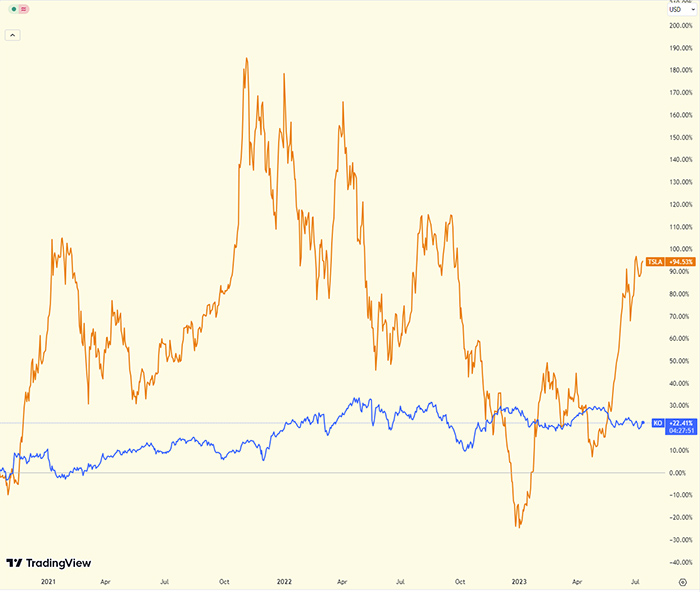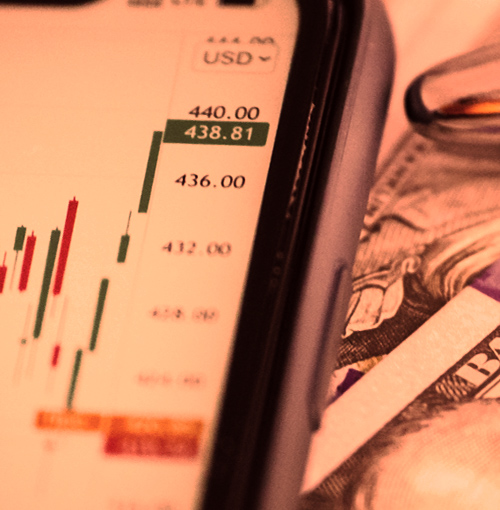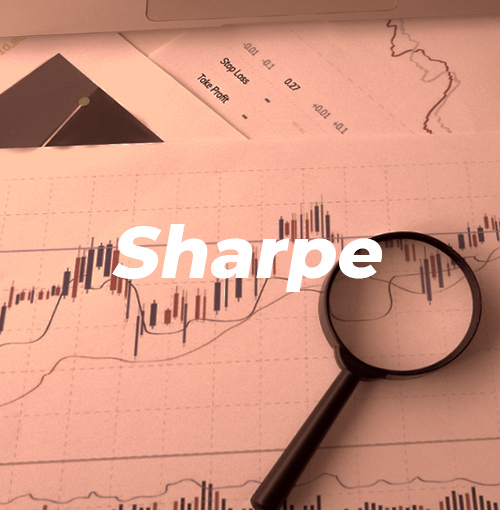
Navigating the Stock Market: Guide to Cyclical & Defensive Stocks
In the ever-changing world of investment, the ability to understand the various categories of stocks, their behaviour in different economic conditions, and how to strategically invest in them, becomes crucial. This comprehensive guide throws light on two such key categories – cyclical stocks and their counterpoint, defensive (or non-cyclical) stocks, equipping you with essential insights to make informed investment decisions.
A Comprehensive View of Cyclical and Defensive Stocks
The vibrant dance of the stock market and the economy often reflects in the performance of various stocks. Among them, cyclical and defensive stocks play critical roles. A company's stock can be termed cyclical or defensive based on its correlation with the economic cycle. Cyclical stocks, linked directly to the economy, tend to mimic its movements. In contrast, defensive stocks provide a sense of stability, often outshining the market during economic downturns.
Investing wisely requires a firm grasp of the economic cycle and its impact on different industries. Recognizing the distinctions between companies susceptible to macroeconomic changes and those resilient to them can make all the difference in an investment strategy.
Let's delve into the unique characteristics of these two types of stocks:
Cyclical Stocks: The Economic Echo
Cyclical stocks reflect the rhythm of the economy, leading to noticeable volatility. These stocks flourish in times of economic prosperity, only to wilt when economic conditions worsen. They essentially ride the waves of the economic cycle, from expansion and peak to recession and recovery.
Companies under the cyclical umbrella primarily deal with discretionary products and services. These are items that see increased demand in a thriving economy and are often the first to be sacrificed during economic contractions. Restaurants, luxury apparel retailers, airline companies, automobile manufacturers, and hotel chains exemplify such industries.
These sectors face the brunt of financial strain during economic downturns. When discretionary spending plummets, so do their revenues, leading to declining stock prices. In some severe downturns, businesses may even risk bankruptcy. Predicting the performance of cyclical stocks can be quite challenging due to the inherent unpredictability of economic cycles.
Defensive Stocks: The Resilient Performers
Defensive stocks, also known as non-cyclical or consumer staples, are the steady pillars in the stock market. These stocks generally outperform cyclical stocks during an economic slump. Despite the economic climate, these stocks remain in demand since they cater to basic human needs.
Industries that belong to this category are crucial for everyday life and include essentials such as food, utilities, and hygiene products. These "defensive" stocks shield investors from potential downturns, offering a safer harbor during economic storms.
A key feature of defensive stocks is their consistency. Regardless of the economic environment, consumers will continue to need and buy these products and services. However, they do not typically witness rapid growth during economic expansions.
Investing in defensive stocks is a preferred strategy to mitigate losses when cyclical companies are under duress.
The Tale of Two Stocks: A Case Study
To further illustrate the distinction between cyclical and non-cyclical stocks, let's examine the performances of Coca Cola (KO) and Tesla (TSLA) from 2021 to July 2023. Over this period, Coca Cola saw a steady, modest gain of +22.33%, while Tesla experienced a more volatile journey, ultimately ending with a significant gain of +94.98%.

Coca Cola's performance is representative of a typical non-cyclical, or defensive, stock. The company produces a good (beverages) that is consistently in demand, irrespective of economic conditions. This consistent demand is why defensive stocks like Coca Cola can provide steady, though generally slower, growth. The stock's price is less vulnerable to economic downturns and periods of financial instability, which is reflected in its relatively flat performance chart.
On the other hand, Tesla, a leading player in the tech and automotive sectors, serves as an apt example of a cyclical stock. Its performance is heavily tied to the state of the economy. Beginning 2022, Tesla experienced a bear market, primarily due to rising inflation and increasing US interest rates. When interest rates rise, borrowing costs increase, which can impact a high-growth, capital-intensive company like Tesla. Consumers may also be less likely to make large purchases, such as electric vehicles, during times of economic uncertainty. As a result, Tesla's stock experienced a sell-off, resulting in a price dip.
This comparison underscores the essence of cyclical and non-cyclical stocks. While cyclical stocks like Tesla offer the potential for high growth, they also bear a higher risk during economic downturns. Conversely, defensive stocks like Coca Cola offer a more stable, albeit slower, performance, which can be a safer choice during economic turbulence. Understanding these dynamics is crucial for investors when formulating a balanced and resilient investment strategy.
Diverse Types of Cyclical Stocks
Cyclical stocks are typically associated with luxury items, durable goods, and services tied to leisure activities. Examples include stocks from sectors such as automotive, consumer durables, airlines, luxury goods manufacturers, and the hospitality industry.
Further, these stocks can be segmented into consumer and non-consumer cyclicals. The former involves companies that market to individuals or households, while the latter comprises companies selling to businesses, governments, or large organizations, with both showing sensitivity to the economy's state.
What Defines a Defensive Stock?
Defensive or non-cyclical stocks represent companies whose products and services are consistently in demand, even during economic downturns. These include consumer staples, food and beverage companies, utilities, gas stations, and companies in the pharmaceuticals and healthcare sector.
Understanding the nuances of cyclical and defensive stocks is crucial for any investor looking to weather economic shifts. While cyclical stocks rise and fall with economic tides, offering potential high returns in good times but risks during downturns, defensive stocks provide a steady stream of performance, shielding investors from the full impact of an economic slowdown. Recognizing these traits and investing wisely can help navigate the choppy waters of the stock market effectively.
- Share this article





